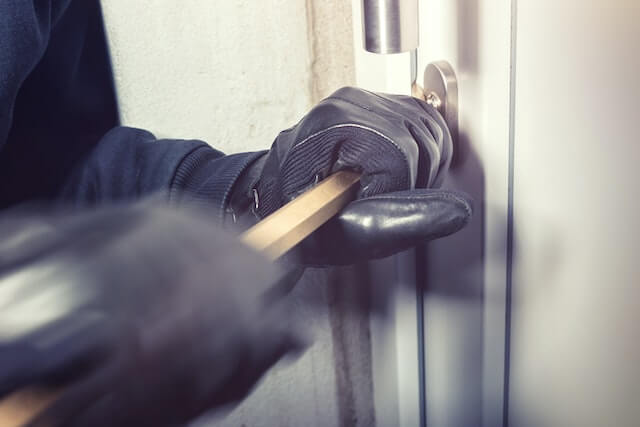Being a landlord is not a 9-to-5 job, and we all know that. As much as the landlord wants it to be, managing a property is full-time. They can have business hours, but they should also anticipate calls beyond that for emergencies.
Sometimes tenants can experience maintenance problems that they cannot put off in the morning. For instance, a tenant broke his key, and it got jammed. A good landlord would not let the tenant stay outside his home all night or have him find somewhere else to stay. The property manager should find a way to have someone fix the problem right then and there. However, tenants should also know when to consider problems as emergencies.
During the initial phase, you and the landlord would talk with the tenants about topics like this. They need to know their limitations as customers and not expect the landlord to be at their beck and call. If you read on, you will learn about the guidelines for after-hours maintenance, which you can relay to your clients.
Identifying Emergencies
We cannot consider all problems as emergencies. The landlord should be able to draw the line when addressing tenant concerns, or else everyone would expect him to become available at any time. So, what can we consider urgent situations?

Flood/ Fire
Gas leak or roof leak
Broken HVAC system
Issues with electricity
Issues with plumbing
Broken locks
Power outage
Intruders or criminal activities
Non-emergencies
Again, not all situations require immediate attention. Here are some examples of tenant issues that can wait:
Faulty appliances
Complaints about noise
Busted light bulbs
Conflicts with neighbors
HVAC system if there are no extreme weather conditions
Minor leakage
Hot water is unavailable
Handling Emergency Maintenance
Landlords must know how to manage when tenants call them for emergency maintenance. Once they establish that the problem needs prompt attention, they should remember a few things.
Accessibility

Landlords need to set some boundaries when it comes to concerns after hours. We should not require them to come every time a tenant calls, hence, differentiating emergencies and non-emergencies. However, the renters must be able to reach the landlord for large-scale crises. Property managers should provide several ways of contacting them.
Continuous Communication
Once the tenants report an emergency, the landlords must remain in contact with them. I’ll give you an example: water pipes. After the landlord calls the plumber, he must inform the tenant of updates, such as estimated arrival time and other instructions. He should do this until the problem is solved.
Service for emergencies
Aside from the usual services landlords offer, they should have emergency aid ready too. Some urgent problems occur outside their business hours. When things like that happen, property managers should have a list of people they can call to fix them.
Be ready to answer questions.

First and foremost, emergencies are unpredictable. Landlords should have fast answers to possible questions brought up by the incident. They should consult with professionals about the extent of damage and what steps they should take. Tenants would also want to know how it will affect them. Is it safe for them to stay at the property? If not, where should they temporarily live? The landlords should also know if their insurance policies will cover the costs of repairs.
Complete and accurate documentation
Like any other reported issues, landlords must maintain an accurate record of emergency property maintenance. I know it happens fast, but they should note the detailed accounts. Landlords must document the report, what transpired, who they called, and the repairs. They must also write down any follow-up inspections done on the property.
Having emergency protocols is a must-have for all landlords. They may not know when a crisis may occur, but it is best to have a plan when it does.
If you have an opportunity to talk to your clients about this, tenants or landlords, you should. But first, you have to find customers. If you have a property rental up for grabs, you can use a reliable website like Padleads. You can sign up, post your property listings, and syndicate them to other online sites. All of that in one web page? Sounds good, am I right?